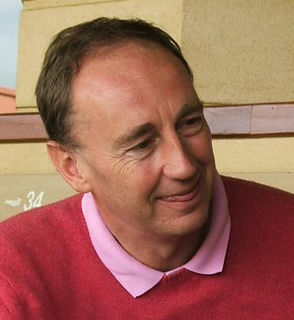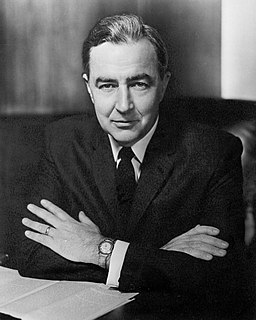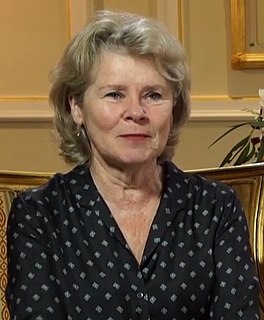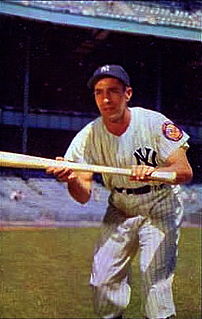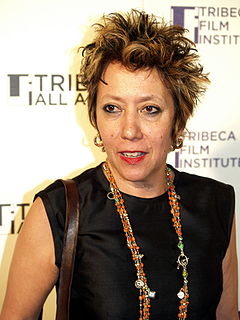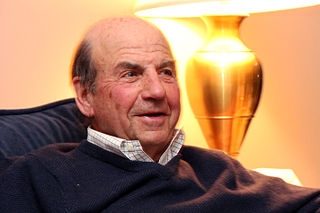A Quote by Jonathan Agnew
The absolute key difference between television and radio is the ability of radio to communicate. With television you can watch the screen and your mind can be anywhere. On radio it requires a certain amount of discipline from the listener to follow what's being said.
Related Quotes
There is danger in the concentration of control in the television and radio networks, especially in the large television and radio stations; danger in the concentration of ownership in the press...and danger in the increasing concentration of selection by book publishers and reviewers and by the producers of radio and television programs.
When you're on the bus or subway or in your car, why busy your mind with all the garbage of advertisements? Why fill your mind with television and radio? Somehow you have to decide what your mind will receive. I don't mean you shouldn't ever go to movies or watch television, but control what enters your mind and heart. It's not just a question of pushing bad things out but also a question of holding on to something really good.
I did television for a very long time, but if you're on television, words don't count. What the eye sees beats the words. If you switch sides, from radio to television, you learn that the wordiness that you learn on the radio is useless or not nearly as powerful, and you have to learn to trust that the eye will just beat the ear.
